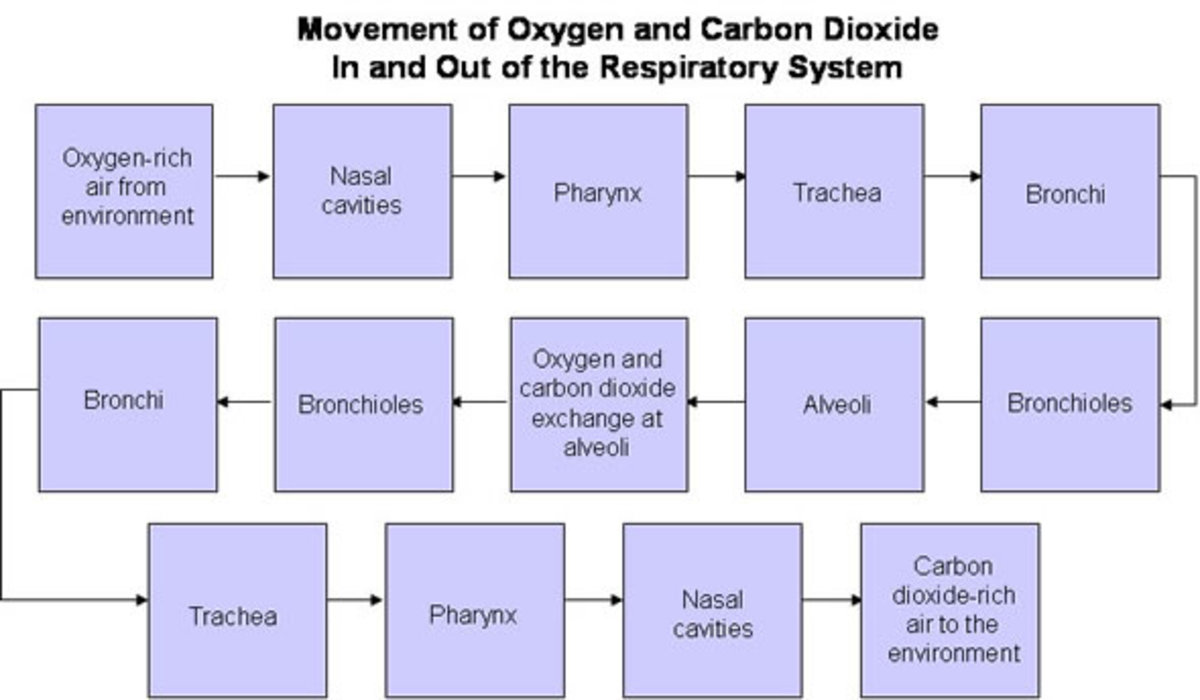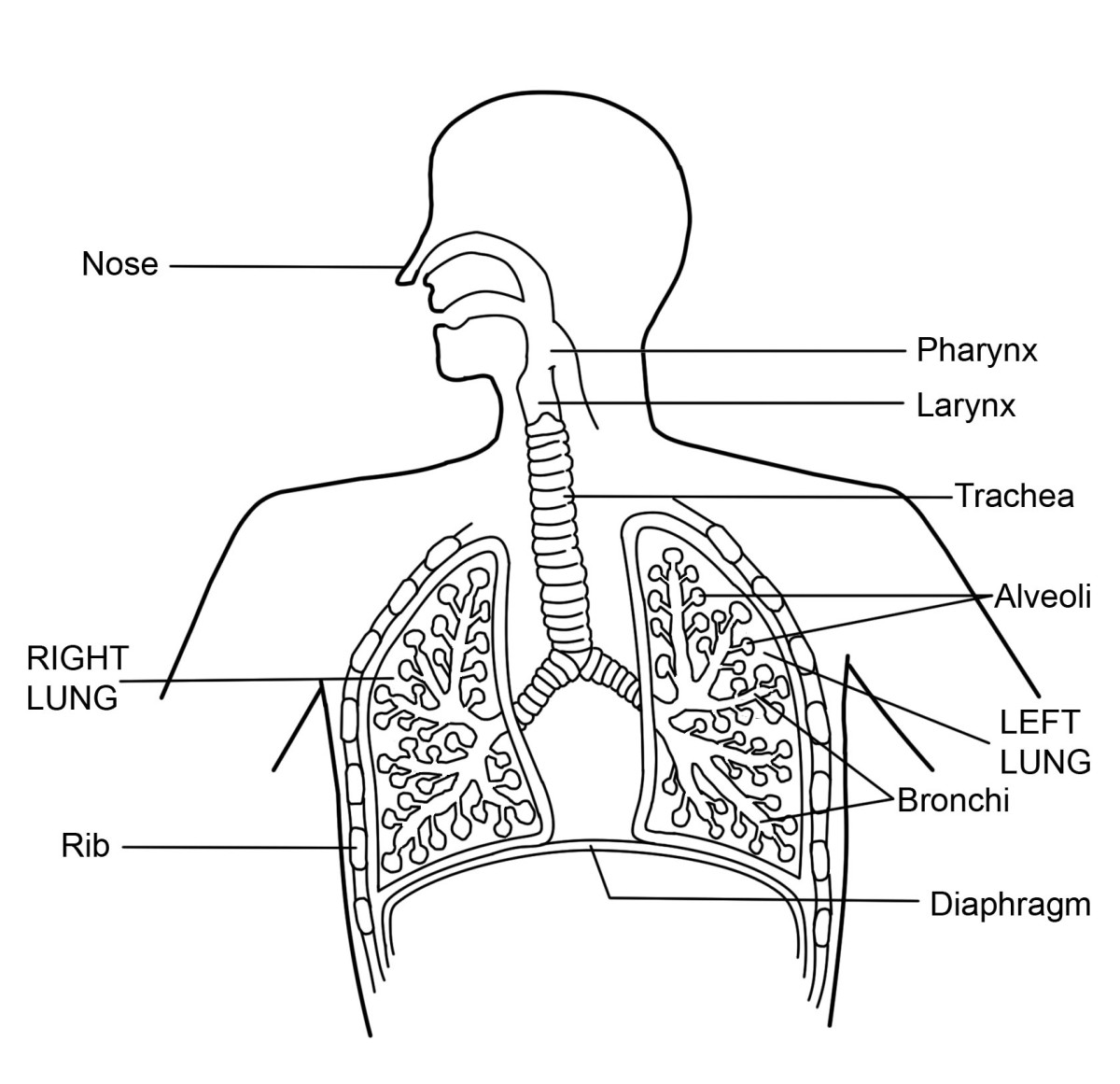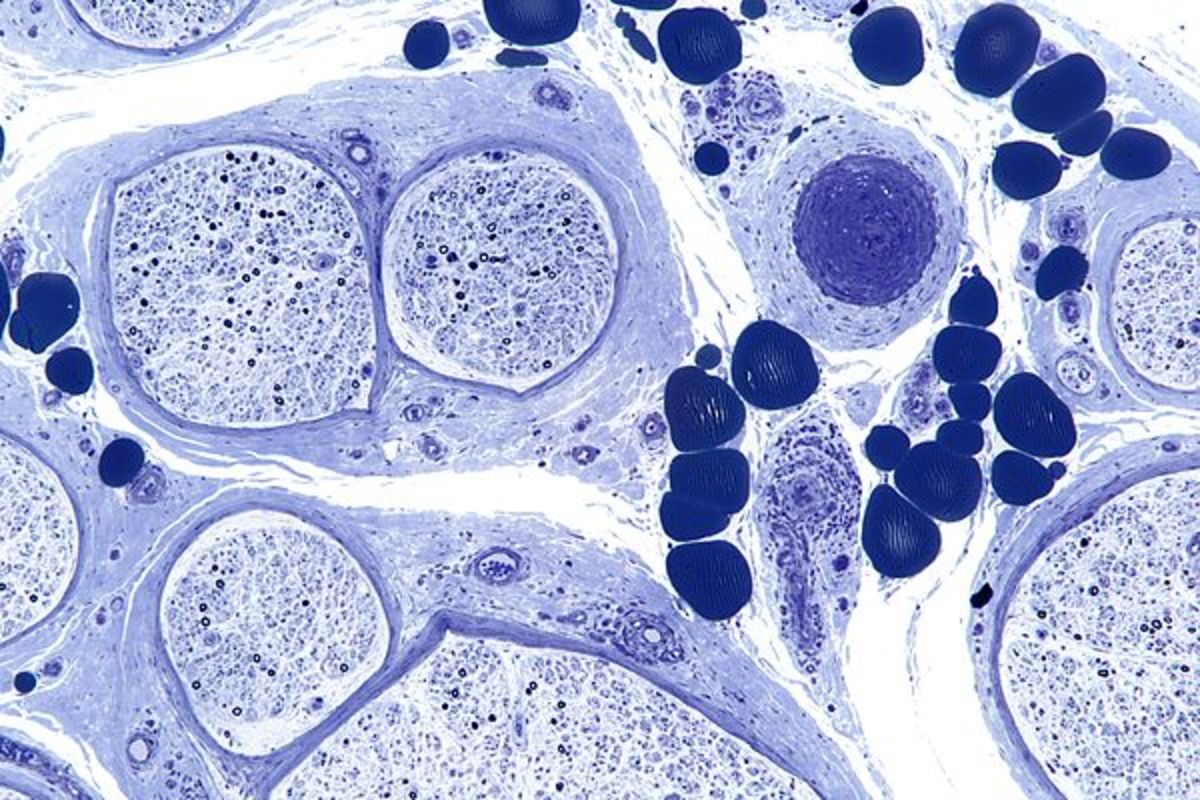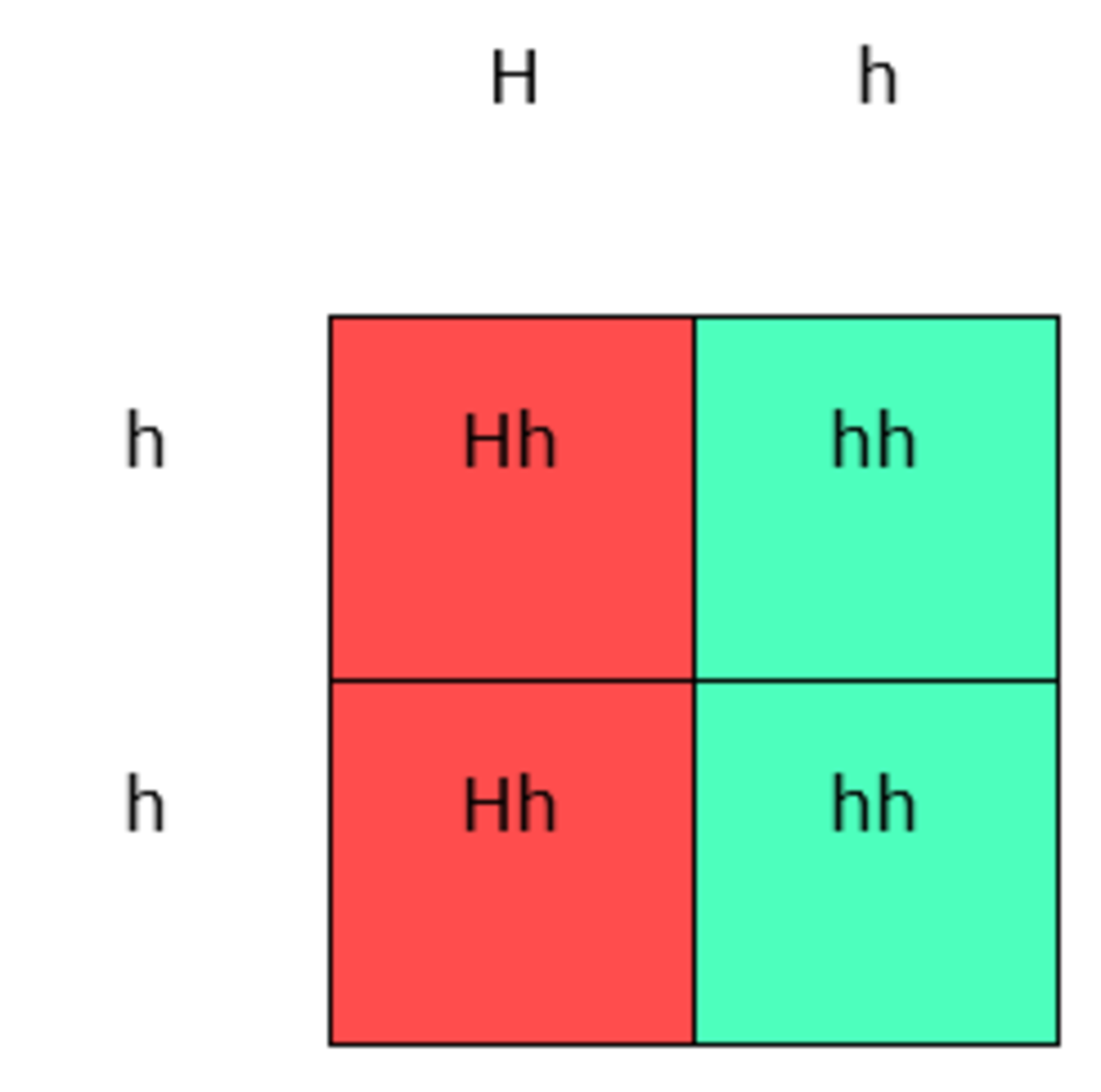Nature of Autonomic Neuropathy
Autonomic neuropathy is a disease condition characterized by disturbances in the involuntary controls of the body. Its main cause is because of damage to the nerves innervating these physiological processes. This type of neuropathy is classified as one of the severe forms of neuropathy, the fact that it affects processes such as heart contractions, respiration, digestion and blood pressure control makes it life threatening. Most cases of neuropathy get better over time, some do not even require treatment because their physicians just wait it out until such time that nerves totally heal themselves. However, with autonomic neuropathy, compliance to medications and treatments is very essential to getting better.
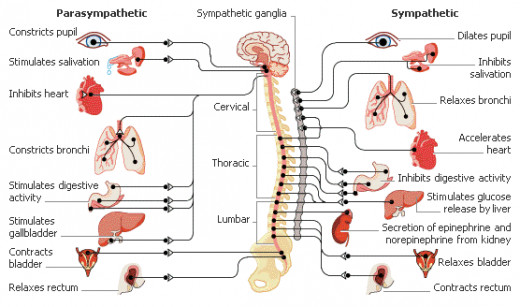
The condition is also very specific. Unlike other neuropathies, take for example, peripheral neuropathy where the nerves affected are often unclassified, autonomic neuropathy is highly identifiable because the manifestations are connected with the organ or system being affected. Autonomic neuropathies occurring in different systems will also have corresponding signs and symptoms therefore they are more specific in nature. To be able to determine whether you have autonomic neuropathy or not, you have to be fully aware on the specific symptoms for each organ or system.
Signs and Symptoms according to organ/system affected
The clinical manifestations of autonomic neuropathy vary according to the nerves affected.
Respiratory system – the respiratory system plays a great role in the body’s survival, almost all cells and tissues in the body require oxygen to be able to function normally. When nerves in the respiratory system are damaged, symptoms may include shortness or difficulty in breathing and fatigue even with simple activities.
Cardiovascular system – among the many systems in the body, the cardiovascular system contains the most number of nerves. Entirely, the heart is controlled by nerve innervations; the heart has its own pacemaker that conducts electrical impulses commanding the heart muscles to contract. Nerve damage innervating the heart may cause irregular heart rhythms, severe increase or decrease in heart rate, cardiac arrhythmias and in worst cases, cardiac arrest.
Gastrointestinal system – nerve damage in the GI system may cause alternating constipation and diarrhea or even the complete inability to excrete bowel. Nerves are as well very important in the GI system because they are responsible in propelling digested food into the next parts or organs. Aside from all these, the stomach will have a difficult time digesting food thus indigestion, dyspepsia and gastroparesis occur.
Urinary bladder – the bladder is an organ that stores urine coming from the kidney. It has a unique ability to stretch its walls in order to accommodate the increasing amount of urine going into the structure. When the bladder is already full, nerves contained in the said structure will send signals to the parasympathetic nervous system to command the detrusor muscles in the bladder to contract; thereby excreting urine through the ureters and urethra. Problems in the bladder will cause symptoms such as the inability to start urination, the feeling of not totally emptying the urine and even urinary incontinence.
Sexual organs – penile erection is mainly controlled by nerve innervations; to be able to achieve an erection, there must be a sudden rush of blood going into the shaft and this can only occur when the blood vessels located in the area vasodilate in a quick manner; the widening of blood passage is controlled by the nerves. When these nerves are damaged both men and women will have difficulties in achieving orgasm and for some, sexual drive is no longer as strong as before. Aside from this, erectile dysfunctions and decreased vaginal lubrication also becomes a problem.
Sweat glands – nerve damage controlling perspiration will either cause excessive sweating or the inability to release sweat. However, the most common symptom is excessive sweating. This may cause heat wasting because the person perspires severely; as a result, hypothermia or heat intolerance may take place.
Autonomic neuropathy prognosis
The prognosis of this condition is quite good given that prompt medical treatment is given and the underlying condition is greatly managed. Autonomic neuropathy can only be fatal when it is not given medical attention. Although there are many cases of patients who get better over time, there are also those who are not able to recover and suffer the condition for months or years.


